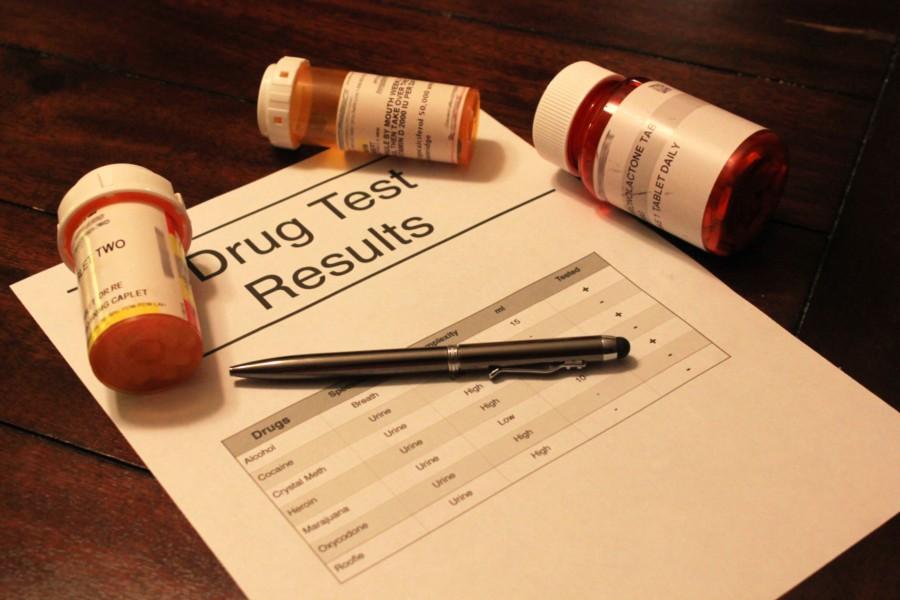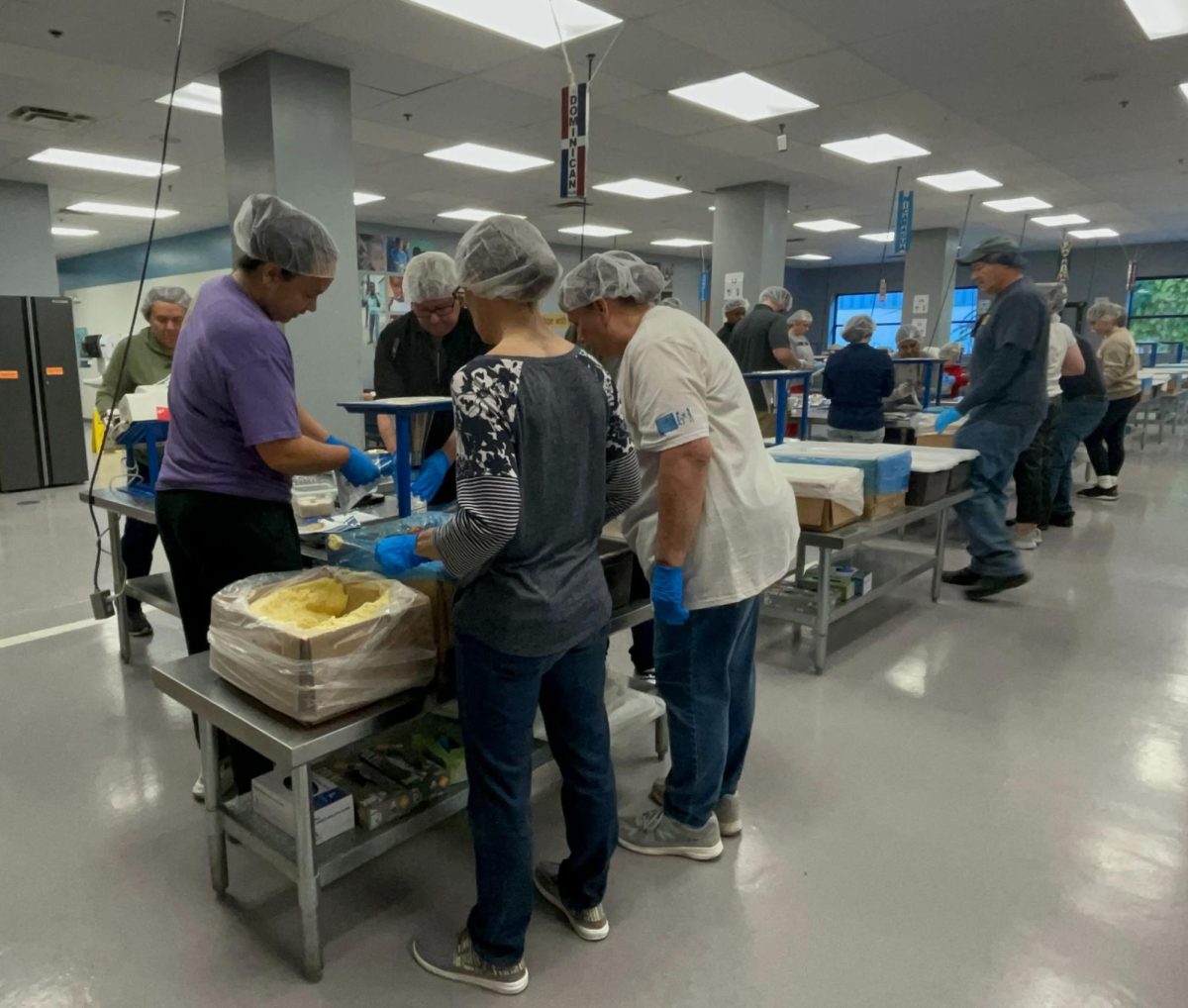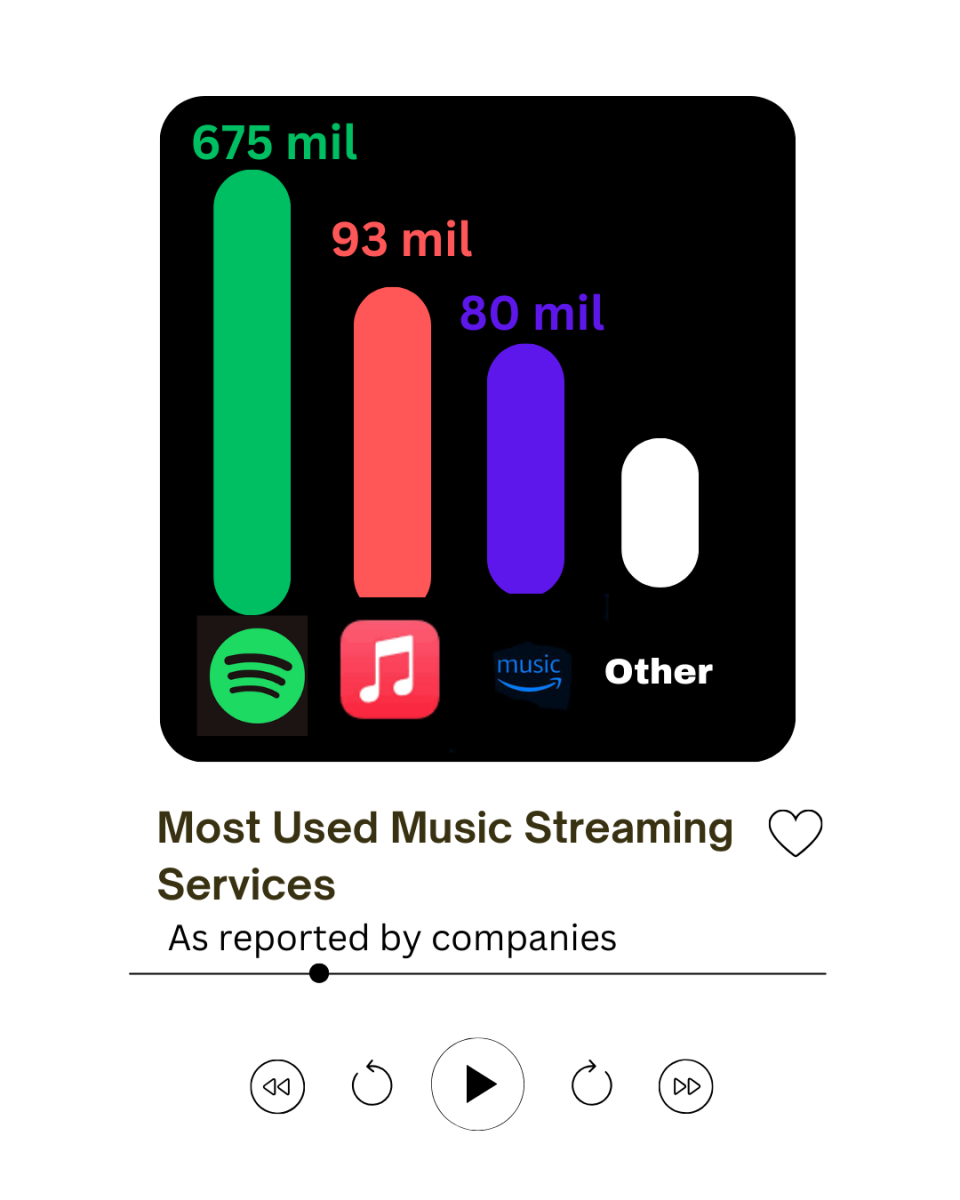In this age, it seems athletes are even stronger and under more pressure than ever to perform.
For quite some time, professional sports have enforced a variety of drug testing policies to make sure the game is fair and that the athletes are in prime shape and continue to uphold those standards. Years ago, many were stunned to hear about the notable Lance Armstrong’s steroid use. His accomplishments and career dissolved in the blink of an eye; he was no longer the prized Tour de France superstar that many idolized.
Despite the prevalence of drug testing in professional sports, only 20 percent of high schools in the United States have student drug testing policies, according to a study released in 2014 from the University of Pennsylvania. The question is: Would it be beneficial for high schools to conduct routine drug tests for athletes?
It’s well known that high school is a critical time for the developing adolescents; the brain continues to develop, important life skills are learned, and our bodies are approaching their prime. In addition, high school is also known to be a stressful time for students. With intense work loads, athletics, activities, and personal stressors, high school can feel like a roller coaster at times and balancing this work load and emotions can be difficult for some. This stress can lead to poor decision-making, and these are decisions that could change a student’s life at this important time in their lives.
For athletes in particular, pressure to perform at their best can lead to performance-enhancing drugs, but also recreational drug use, due to stressors in their lives.
The Centers for Disease Control and Prevention reported adolescent steroid use in the range of 2.2-6.1 percent from 1991-2011. Illicit drug use, on the other hand, is much higher among high school students, with experimentation of alcohol at 71 percent in 2012 and marijuana at 40 percent, according to the CDC.
In comparison to alcohol and illicit drug use, steroid use is relatively low. This,however, does not mean that recreational drug use should be overlooked. Unlike most clubs and activities, sports tend to have a greater physical element; people need to perform at their best and are expected to push themselves to be the best they can be. Our staff believes that participating in a sport under the influence puts the individual and those around them at a great risk. Our staff concluded that if an athlete were highly suspected of being under the influence of drugs, they should be confronted about it;whether it be by a coach, captain, or fellow teammate and should face consequences.
As for regulated drug testing for all athletes, DOI determined that if enforced, it would have to be for every sports team, whether it be the bowling team or the basketball team, which would be quite costly and a waste of money, possibly even unaffordable for smaller schools as a drug tests costs $42 per person, according to the American Civil Rights Union. Additionally, our staff concluded that targeting a specific team or person solely based on rumor would not be just.
One of the most controversial aspects of drug testing athletes is where the line would be drawn. If athletes are tested, should the theater department be drug tested? Aren’t clubs as much of a privilege? Many DOI staff members noted that athletes should not be tested simply because they are athletes and stated that if drug use is that prevalent of a problem at a particular school, drug testing is not the answer.
Many sports highlight a policy of no tolerance whether it is the offseason or in season in terms of drug use. However, this idea is not entirely agreed upon. As for using drugs in one’s free time, or offseason, some staff members believe that what a person chooses to do in their private life is their decision and during the offseason should not affect their in-school season and that it is the police’s responsibility to handle any cases they come across.
For example, if a high school student participated in drug use at the very end of summer but did not during their season, some staff members believe it would unfair to punish them for having a positive test result as there would be no sure way of knowing exactly when the student was involved in drug use.
Our staff determined that any recreational drug use found during the season should result in consequences but offered multiple solutions. These included complete suspension from the team, speaking with a social worker to help with the problem, or a small suspension for a first offense.
As for LHS, many staff members noted that our own drug policy for athletes which is based by offense, is already an adequate enough system. The LHS handbook notes that students in athletics, activities, and Fine Arts should not be involved with drugs or alcohol and will face consequences.
Overall, DOI concluded that standardized drug testing would not be realistic in a high school environment.















